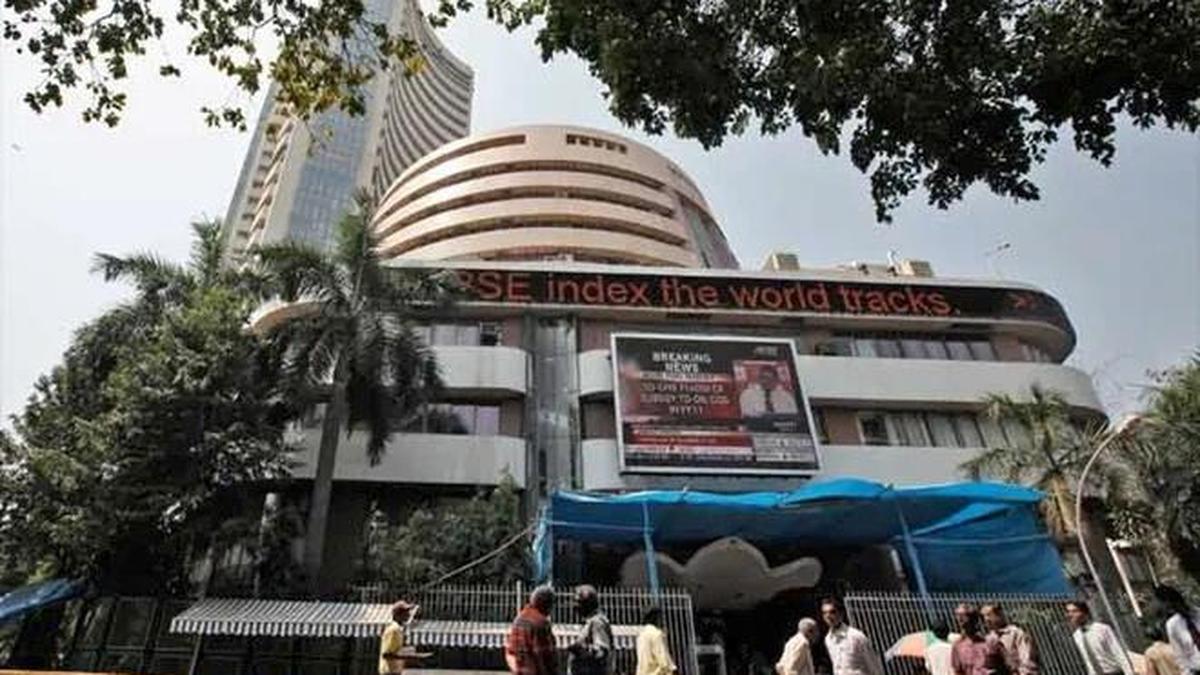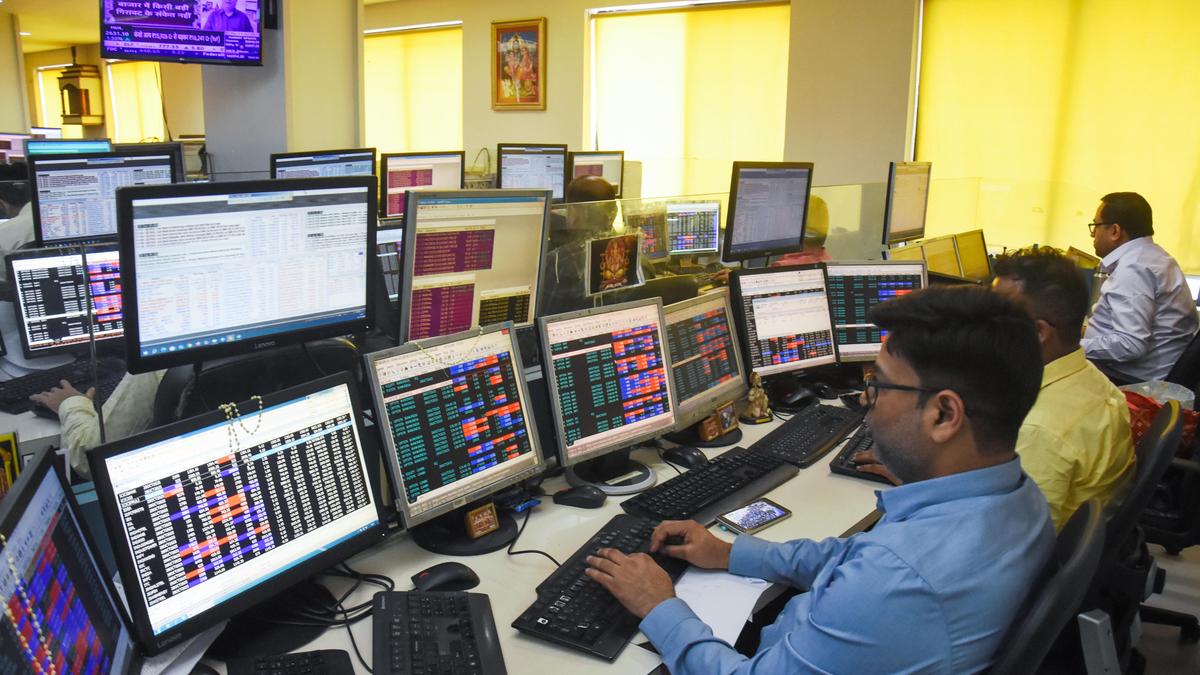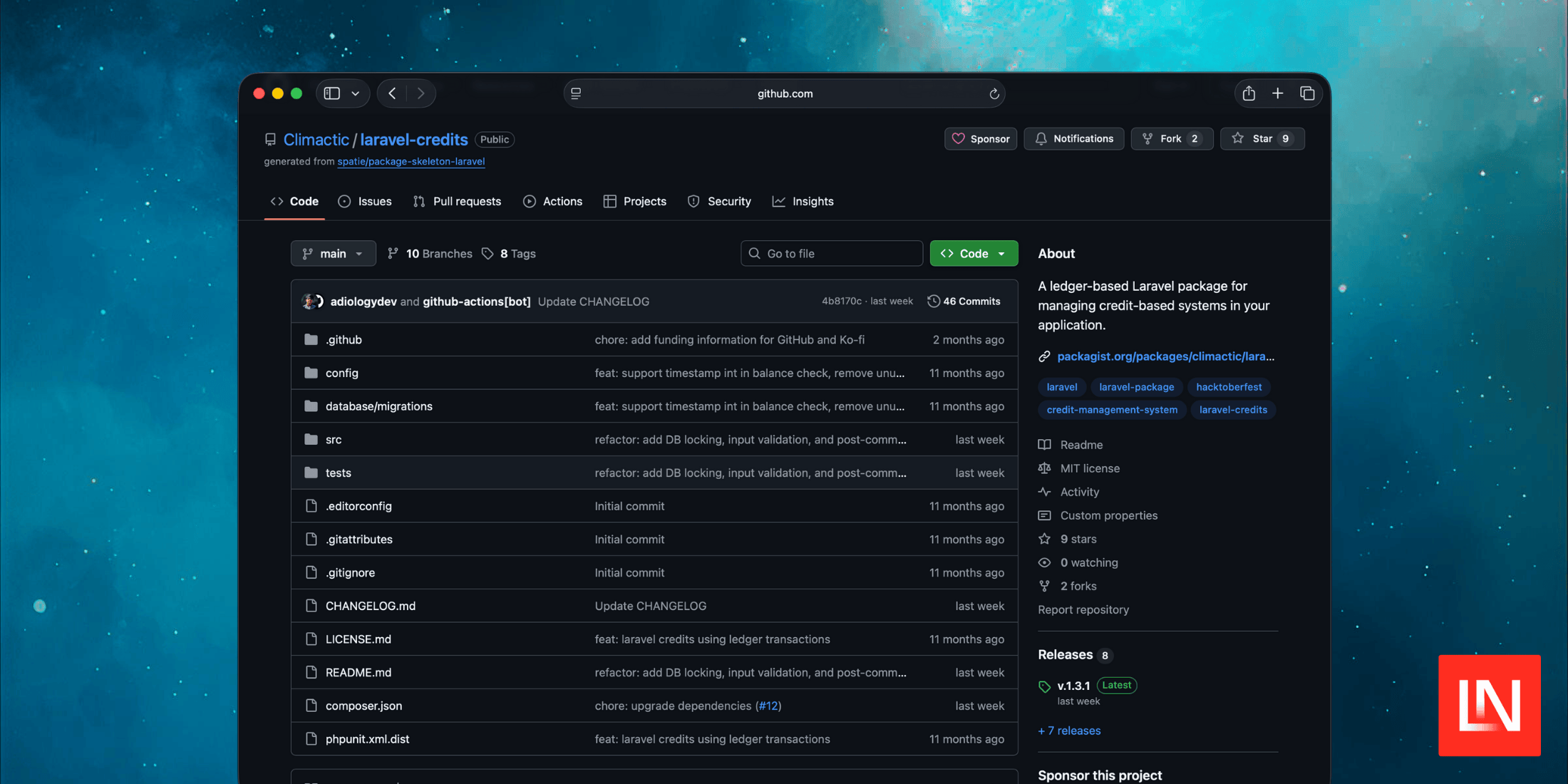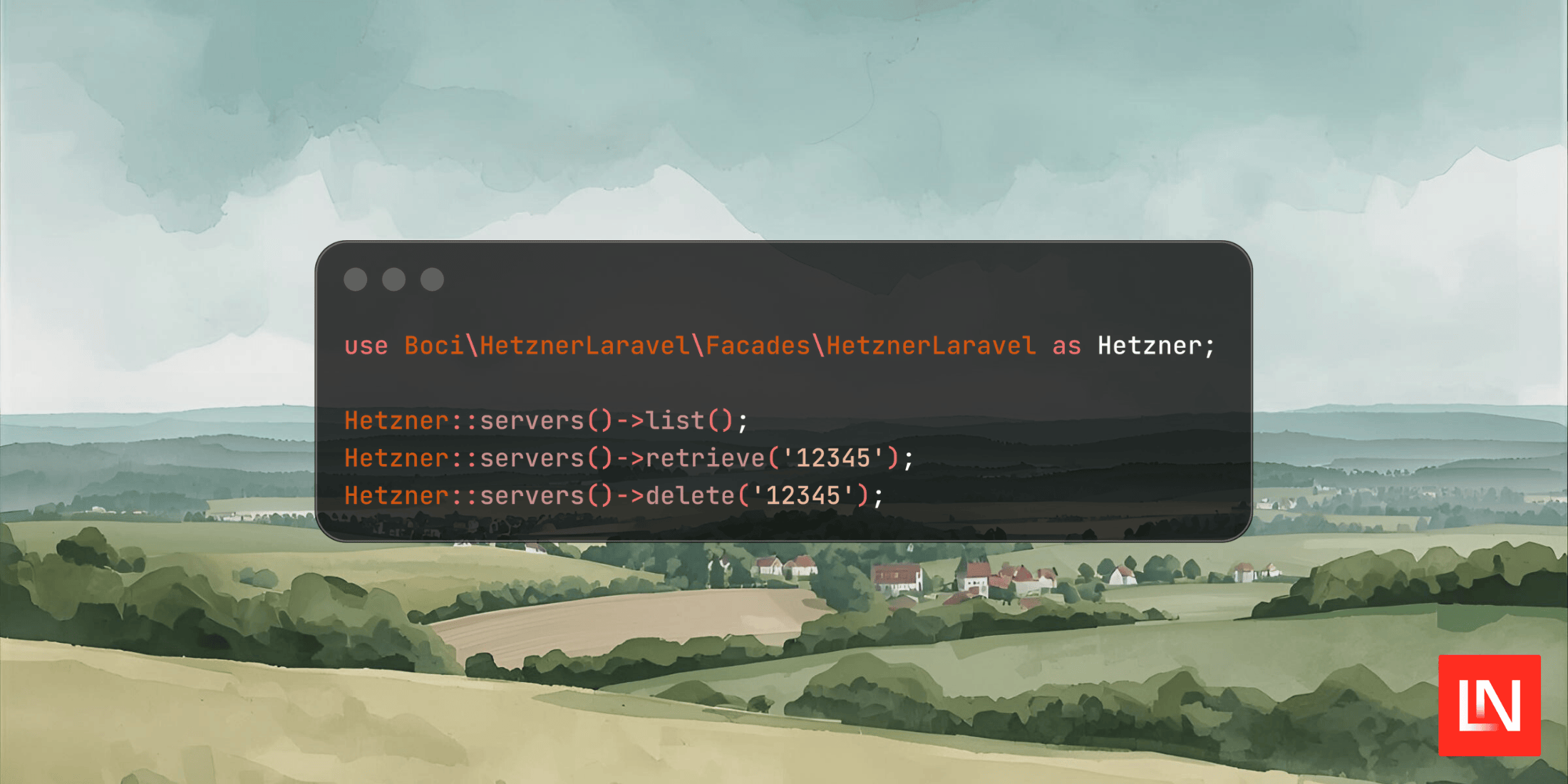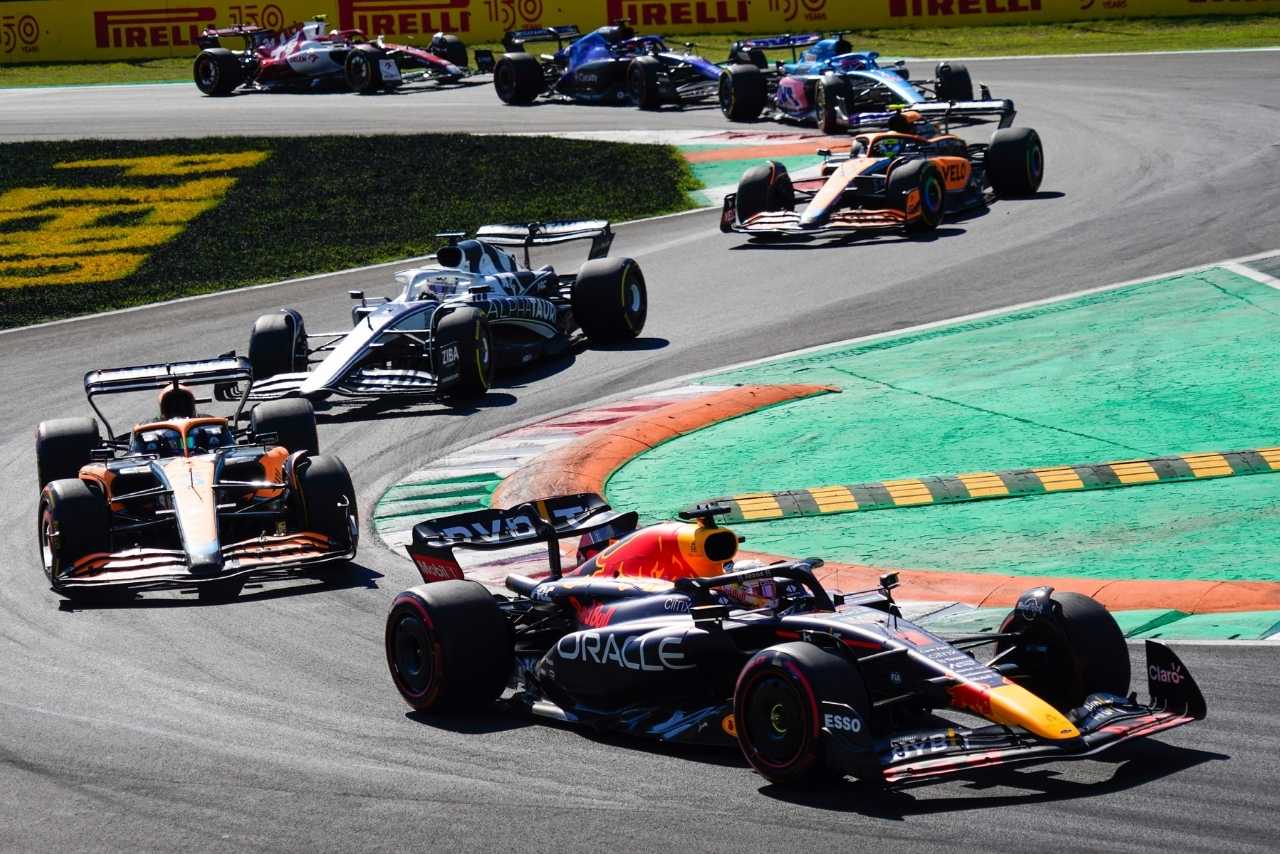From No Band to 20% Limit: 8 Stocks under fresh trading restrictions
In the stock market, price bands (also called circuit limits) are rules set by the exchange to prevent excessive volatility in a security’s price during trading hours.. When a stock that previously had no limit is placed under a 20% price band, it means its price can now go up or down by a maximum […] The post From No Band to 20% Limit: 8 Stocks under fresh trading restrictions appeared first on Trade Brains.


In the stock market, price bands (also called circuit limits) are rules set by the exchange to prevent excessive volatility in a security’s price during trading hours.. When a stock that previously had no limit is placed under a 20% price band, it means its price can now go up or down by a maximum of 20% from the previous day’s closing price. This change is usually made by exchanges like NSE or BSE to control sharp price movements and reduce risk.
Adding a 20% band helps protect investors from big, sudden changes in stock prices and keeps trading more stable. Below is a list of stocks that have recently been placed under this rule because of increased trading activity or unusual price changes.
Here are the List of stocks to look out for
Aditya Birla Fashion and Retail ltd
The company is part of the Aditya Birla Group and operates popular fashion brands like Pantaloons, Allen Solly, and Van Heusen. It is one of India’s leading branded apparel companies, serving both premium and value segments and it has a strong retail presence across India.
Adani Total Gas Ltd
Adani Total Gas is a joint venture between Adani Group and TotalEnergies of France. It focuses on supplying piped natural gas (PNG) to homes and industries and compressed natural gas (CNG) to vehicles. The company plays a key role in promoting clean and sustainable energy in India.
CESC Ltd
CESC (Calcutta Electric Supply Corporation) is a power utility company that supplies electricity to Kolkata and surrounding regions. It is part of the RP-Sanjiv Goenka Group and operates across power generation, distribution, and transmission and the company has been serving customers for over a century.
Granules India Ltd
Granules India is a pharmaceutical company that manufactures active pharmaceutical ingredients (APIs), intermediates, and finished dosage forms. It exports to over numerous countries and serves global pharma giants and the company is known for high-volume production of common drugs like paracetamol.
IRB Infrastructure Developers Ltd
IRB Infra is one of India’s leading infrastructure companies, mainly focused on building and operating highways and expressways. It works on public-private partnership (PPP) projects and operates toll roads across multiple states, and the company contributes to India’s road development on a large scale.
Jindal Stainless Ltd
Jindal Stainless is India’s largest stainless steel producer, supplying to sectors like automotive, construction, railways, and kitchenware. The company has a strong domestic and international market presence. It is known for innovation, quality, and sustainable steel production.
Poonawalla Fincorp Ltd
Poonawalla Fincorp is a non-banking financial company (NBFC) offering loans to individuals and businesses. Formerly known as Magma Fincorp, it was rebranded after acquisition by the Poonawalla Group. It focuses on personal loans, professional loans, and digital lending solutions.
SJVN Ltd
SJVN (Satluj Jal Vidyut Nigam) is a public sector company involved in hydroelectric power generation. It is jointly owned by the Government of India and the Government of Himachal Pradesh. The company is also expanding into solar and wind energy projects as part of India’s green energy push.
Reasons for the stock to move from No Band to Price Band
Stocks are moved from no price limit to a 20% price band to keep their price movements under control and protect investors. Here’s why this happens:
- Too much price movement: If a stock’s price is going up or down too fast, the exchange steps in to limit how much it can change in one day.
- Heavy buying or selling: When many people suddenly start trading a stock, it could be due to hype or rumors, so a limit is added to avoid wild swings.
- To keep investors safe: The 20% limit helps to stop big losses or gains in one day, which can be risky for small or new investors.
- To reduce gambling-like trading: Sometimes, traders buy and sell quickly just to make fast money, and the price band slows things down and keeps trading more stable.
- Part of regular checks: The exchanges like NSE and BSE keep an eye on stock activity. If they find unusual behavior, they apply these limits for safety.
Written by Sridhar J
Disclaimer

The views and investment tips expressed by investment experts/broking houses/rating agencies on tradebrains.in are their own, and not that of the website or its management. Investing in equities poses a risk of financial losses. Investors must therefore exercise due caution while investing or trading in stocks. Trade Brains Technologies Private Limited or the author are not liable for any losses caused as a result of the decision based on this article. Please consult your investment advisor before investing.
The post From No Band to 20% Limit: 8 Stocks under fresh trading restrictions appeared first on Trade Brains.
What's Your Reaction?



































